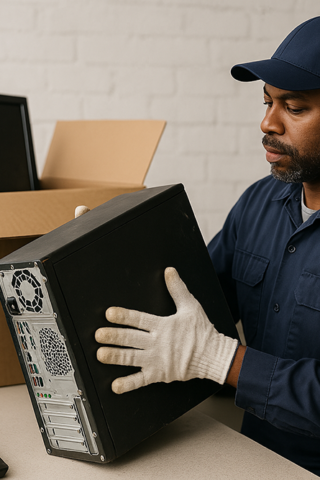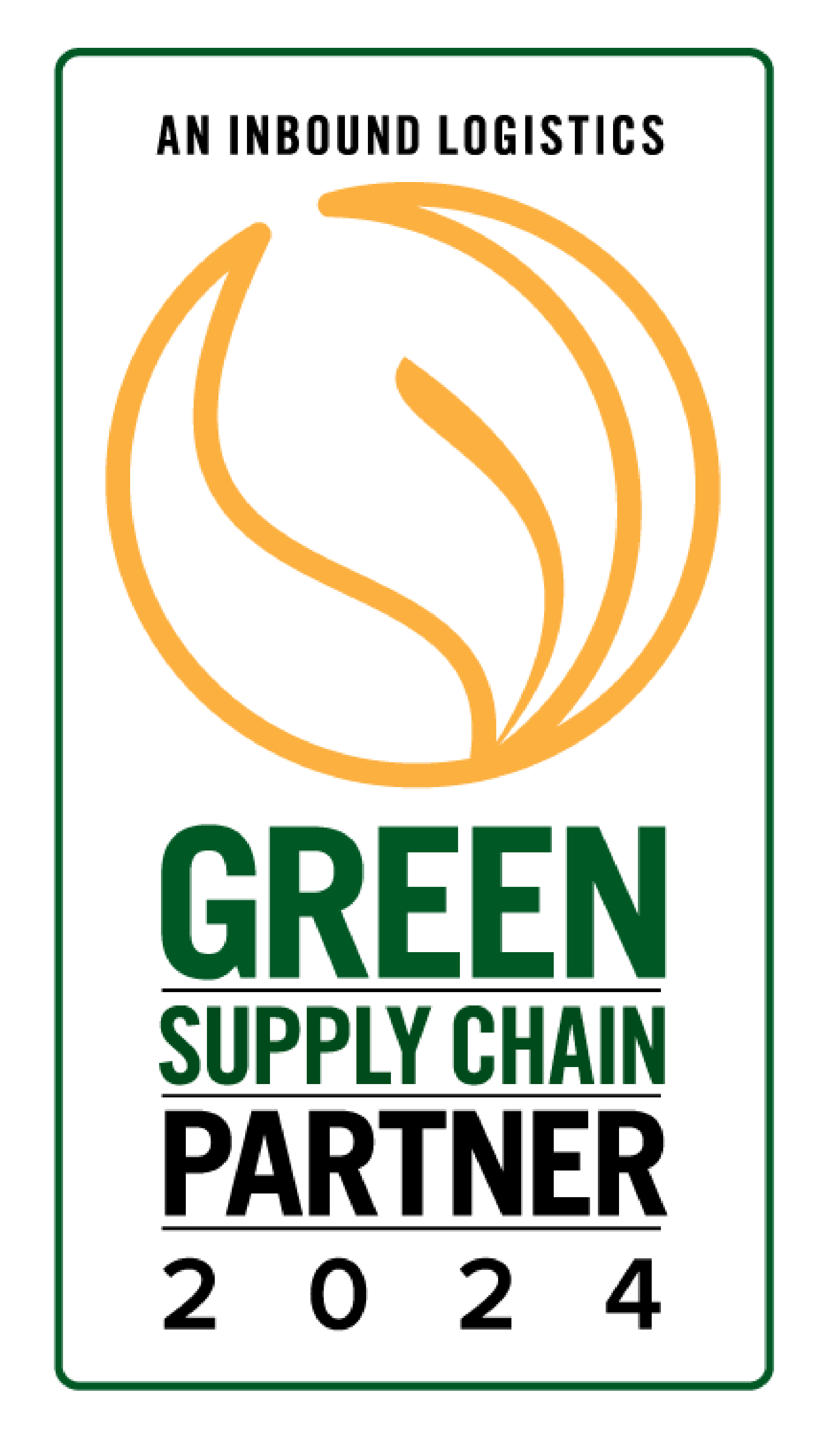Sustainability is no longer just a buzzword. It has become essential for businesses of every size. Small startups, mid-sized enterprises, and large corporations must adopt sustainable business practices to stay relevant and competitive in today’s market.
The growing demand for responsible business practices stems from global environmental challenges. The importance of sustainability in business goes beyond ethics. It now affects financial performance, market reputation, and long-term viability.
If you’re wondering how sustainability ensures long-term growth for businesses, keep reading. This blog explores why sustainable business practices are necessary for companies of all sizes and how they drive success.
Environmental Responsibility Drives Change
The world is grappling with critical environmental challenges, including climate change, deforestation, and excessive waste generation. Businesses play a significant role in these issues, but they also hold the power to drive change.
Embracing sustainability for business means acknowledging and addressing these impacts. Companies can actively reduce their environmental footprint through thoughtful actions.
Here are some ways businesses can reduce their environmental footprint:
- Switch to renewable energy sources such as solar, wind, or hydropower.
- Implement energy-efficient systems like LED lighting or smart thermostats.
- Reduce waste by adopting recycling programs or using biodegradable materials.
- Source materials responsibly to promote sustainable agriculture and fair trade practices.
Sustainability ensures resource availability for future generations while reducing operational costs. Even small businesses can make a significant difference through simple changes.
Customers Expect Sustainable Brands
Modern consumers increasingly prefer brands that align with their values. A 2020 McKinsey survey revealed that over 60% of respondents are willing to pay more for products with sustainable packaging. Businesses that meet these expectations can attract and retain loyal customers, while those neglecting sustainability risk losing market share to eco-conscious competitors.
How businesses can meet customer expectations for sustainability:
- Use recyclable or compostable packaging for products.
- Partner with ethical and sustainable suppliers.
- Publicly share sustainability goals and progress.
- Offer transparency about production methods and sourcing.
Social media amplifies the importance of sustainability. Customers are quick to reward businesses that act responsibly.
Cost Savings Through Sustainable Practices
Sustainable business practices often lead to reduced costs, making them both environmentally responsible and financially strategic. Energy-efficient processes, waste reduction initiatives, and recycling programs allow businesses to optimize their resource use, which directly improves profitability while minimizing their environmental impact.
The following are examples of cost-saving sustainable practices:
- Switch to Digital Invoicing: Transitioning from paper-based invoicing to digital platforms significantly reduces the need for paper, printing supplies, and physical storage space.
- Optimize Delivery Routes: Logistics companies can use route optimization tools to minimize fuel consumption, reduce delivery times, and decrease vehicle wear.
- Adopt Energy-efficient Equipment: Upgrading to appliances and machinery certified for energy efficiency, such as ENERGY STAR-rated devices, lowers utility bills. Over time, these cost savings far outweigh the initial investment.
- Implement Waste Recycling Programs: Recycling and repurposing waste materials reduce disposal costs and can generate additional revenue if materials like metal, paper, or plastic are sold to recycling facilities.
Whether a small business implements basic changes or a large corporation adopts circular economy principles, the results are clear. Sustainability for business is a cost-effective way to drive profitability while protecting the environment.
Employee Satisfaction and Retention
Employees increasingly seek workplaces that align with their values and prioritize sustainability. According to the Wall Street Journal, more than 50% of Gen Z and Millennials prefer employers with strong stances on sustainability and social responsibility. These preferences directly influence where they choose to work and how long they stay. In competitive industries, companies that prioritize sustainability attract top talent and experience higher employee retention rates.
Companies can enhance employee satisfaction through actionable green initiatives:
- Create Eco-friendly Workspaces: Incorporating energy-efficient lighting, proper ventilation, and indoor plants makes the workplace more inviting. Features such as natural light, ergonomic furniture, and temperature control systems improve physical comfort and morale.
- Encourage Participation in Green Initiatives: Inviting employees to join sustainability efforts such as tree-planting events, clean-up drives, or office recycling programs builds a sense of teamwork and shared purpose. These activities also strengthen bonds among colleagues.
- Offer Sustainability Training Programs: Training employees on responsible practices and eco-conscious decision-making enhances their knowledge and empowers them to make a difference, both professionally and personally.
- Reward Eco-friendly Contributions: Recognizing employees who suggest or implement eco-friendly ideas fosters innovation and encourages a culture of continuous improvement. Rewards can include incentives, recognition programs, or opportunities for professional growth.
Sustainable business practices improve more than just environmental outcomes. They transform workplace dynamics. Employees value organizations that reflect their principles and offer opportunities to make a positive impact.
Competitive Advantage in a Crowded Market
Companies with eco-conscious strategies offer more than just products or services. They represent a commitment to making a positive difference. This creates a strong emotional connection with consumers. Businesses can use their sustainability efforts as unique selling points, leveraging their environmental initiatives to appeal to specific customer segments.
Here are ways to stand out through sustainability:
- Offer products made from recycled or upcycled materials.
- Promote sustainable packaging and eliminate single-use plastics.
- Market the use of renewable energy in operations.
- Support local suppliers and the surrounding community.
Differentiating through sustainability fosters brand loyalty. Businesses that commit to eco-friendly practices gain a competitive edge by aligning their values with their customers.
Long-Term Profitability and Growth
Companies that prioritize environmental and social responsibility position themselves to adapt more effectively to shifting consumer demands, regulatory landscapes, and resource availability. While short-term profits may tempt businesses to delay action, those that embrace sustainable practices enjoy consistent growth.
Companies that integrate sustainability into their operations reap the following benefits:
- Reduces Risks Related to Resource Scarcity and Climate Change: Over-reliance on finite resources leaves businesses vulnerable to supply chain disruptions and price volatility. Climate-related events, such as extreme weather or rising sea levels, further threaten operations. Businesses prioritizing sustainability mitigate these risks by adopting renewable energy, improving resource efficiency, and diversifying supply chains.
- Prepares Businesses for Future Regulatory Changes: Governments worldwide are implementing stricter environmental regulations to combat climate change and protect resources. Businesses proactively adopting sustainable practices are better prepared for these changes, avoiding penalties and costly last-minute adjustments. Early compliance with regulatory standards also positions companies as leaders in their industries.
- Attracts Investors Focused on ESG Criteria: Environmental, Social, and Governance (ESG) factors increasingly influence investment decisions. Businesses with strong sustainability practices demonstrate resilience, innovation, and long-term viability, making them attractive to ESG-focused investors.
The global economy is evolving toward sustainability. Businesses that fail to adapt risk falling behind competitors that embrace eco-conscious practices. Sustainable companies are more agile and able to pivot in response to changing markets. This adaptability ensures operational continuity and long-term profitability.
Responsible IT Waste Management Starts Here
Sustainability is not just a goal. It’s a pathway to operational excellence and long-term success. Managing IT waste responsibly is essential, but navigating the logistics can be overwhelming. Onepak bridges the gap, providing seamless logistics services to ensure your IT assets reach certified recycling facilities safely and efficiently. With Onepak, you can reduce environmental impact, maintain regulatory compliance and elevate your business operations.
Onepak’s Box Program makes the process even easier, offering a comprehensive solution to recover, recycle, or return remote IT equipment from any U.S. zip code. This program includes shipping kits, sturdy boxes, fulfillment services, and outbound and return shipping — all designed to take the hassle out of IT asset recovery. Whether you’re managing returns for remote employees or clearing out obsolete equipment, the Box Program provides the tools and support you need to keep operations running smoothly.
Choosing Onepak means partnering with a leader in sustainable logistics. Together, we can create a greener future while driving efficiency and innovation in your business.
Contact us today.








